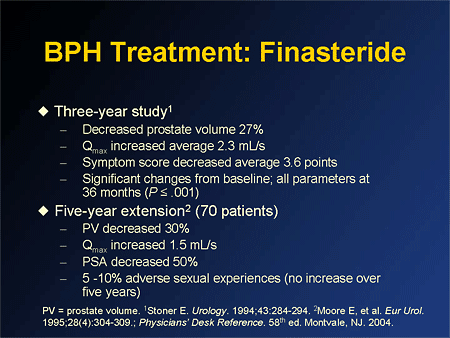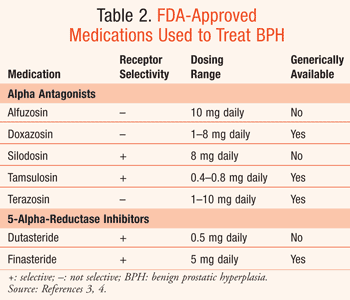
Until recently, men suffering from benign prostatic hyperplasia (BPH) were limited to one treatment option. But today, drugmakers have developed a number of drugs that can relieve the symptoms of BPH, including having to pee frequently throughout the day and a weak urine stream. Some of the drugs are used to calm muscles, while others help stop prostate growth or shrink the prostate. However, it is important to know the risks and side effects of these medications before choosing a treatment.
Tamsulosin is one of the most commonly prescribed medication for benign prostatic hyperplasia. According to the BJU Int journal, tamsulosin is a relatively safe and effective treatment option. It has been studied extensively in recent years and is available on the market. Several studies have shown promising results when compared to other treatments for benign prostatic hyperplasia.
Another popular drug for BPH is tamsulosin. This medication has positive effects on the prostate’s dynamic and static components. The use of tamsulosin and clobetasol has also shown promise in alleviating the symptoms of this condition. This medication is commonly prescribed in Australia, but it can only be covered by the Repatriation Pharmaceutical Benefits Scheme.
The effectiveness of tamsulosin is unknown. A systematic review of the efficacy of the treatment of BPH published in the BJU Int journal has identified a number of side effects. The side effect of tamsulosin was similar to that of clotasol, which is another widely used medication for BPH. The reviewers concluded that this drug is effective in treating patients with benign prostatic hyperplasia, and that it had a low risk of adverse effects.
Tamsulosin has been used for decades as a treatment for BPH. It is effective for symptoms that are compatible with the symptoms of BPH. Interestingly, the drug has a long list of side effects. Among the most common side effects, it is also used to treat enlarged prostate. There are also several other options for the treatment of benign prostatic hyperplasia. The most commonly prescribed medications for the condition vary widely.
Tamsulosin is an effective drug for the treatment of symptoms associated with benign prostatic hyperplasia. It works by reducing the amount of prostate specific antigen in the body. It has a beneficial effect on the ability of the bladder to empty. A recent systematic review of tamsulosin for the treatment of BPH reviewed its efficacy and side effects in BJU Int.

Tamsulosin can be used to treat BPH. A systematic review of tamsulosin for the treatment of BPH was published in BJU Int, 85:831-41. A number of studies have evaluated the efficacy of tamsulosin in the treatment of benign prostatic hyperplasia. A systematic review found that tamsuzole was the most effective of these drugs for this disease. The health site https://untuknegeri.net/
can offer more information on treatment options for benign prostatic hyperplasia.
Tadalafil and other medicines for BPH are not covered by Medicare. Among them, the most commonly used drug is finasteride, also known as tamsulosinol. It is a selective alpha1a receptor subtype blocker that reduces systemic side effects. Despite the high cost, tamsulosin is the most effective drug for BPH.
There are three main types of BPH medications. The most popular of these is Apo Doxazosin. It is a medication that is used to reduce the size of the prostate. The other two types of medicines include a TUNA and Apo Doxazosin. The TUNA is a procedure in which a needle is placed into the prostate. A tuliposin injection can cause severe side effects.
Other options for treatment of BPH include surgery. The procedures involve a minimally invasive procedure called a prostatic urethral lift, while a more invasive procedure involves a transurethral resection of the prostate. Despite these options, BPH medications have become the mainstay of drug therapy for BPH. They have unique benefits and side effects, and they may interact with other types of drugs.
Medications for BPH include alpha-blockers, which relax the valve between the prostate and the bladder. These drugs improve urination symptoms, while minimizing the symptoms of LUTS. Both drugs are effective for BPH, but they come with side effects. For men who experience LUTS, a physician should discuss the risks and benefits of different medications with them. They should be carefully monitored.
